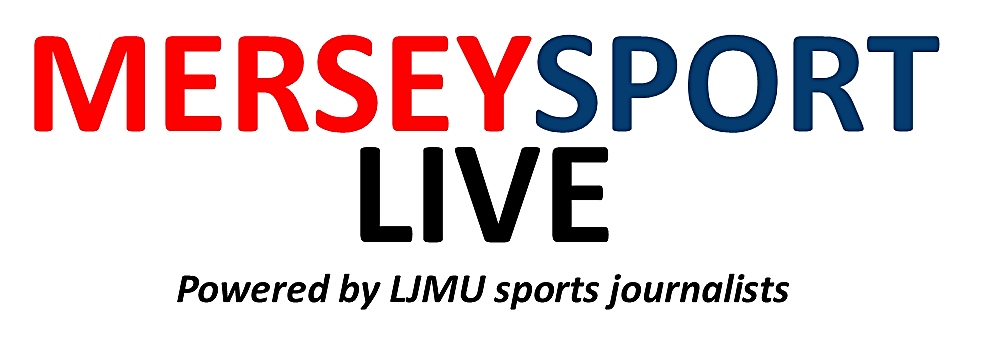As Troy Deeney chipped in with Watford’s third unanswered goal at Anfield in February, even the most ardent of Liverpool supporters would be forgiven for double-checking the permutations needed to secure their first ever Premier League title.
Such is the nature of the beautiful game, nothing is ever a forgone conclusion – the Reds faithful will be acutely aware of that.
Of those in attendance for the 2005 Champions League final in Istanbul, there will have been very few, if any, who would have admitted defeat at halftime.
Liverpool were trailing 3-0 to one of the greatest ever AC Milan sides, yet even the most pessimistic Reds in the crowd will have struggled to resist asking themselves the question: ‘what if?’.
It is moments like these that typify why we love football – Liverpool of course defied all the odds and went on to lift the Champions League that year.

Admittedly though 15 years on this a slightly different scenario – Liverpool’s 25-point lead at the summit of the Premier League would perhaps be better analogised by a 7-0 halftime score-line.
But even if Rafa Benitez’s men were trailing by seven goals in 2005, that same question, ‘what if?’, would still be asked – albeit with far more hope than expectation.
The other key difference of course is that for the 2020 league title to be handed to Manchester City, any Liverpool capitulation would have to occur over a number of games – not just 45 minutes.
And while the unpredictable nature of football sculptured the ecstasy of Istanbul for Reds fans, it too produced one of the most crushing disappointments in the club’s recent history.
After 35 games of the 2013/14 campaign Liverpool were five points clear at the top of the Premier League, seemingly set to end 24 years without a title.
But a 2-0 loss to Chelsea and a 3-3 draw with Crystal Palace saw them squander the chance to secure silverware, in one of the more astonishing title-collapses in recent history.
For anything similar to be repeated this campaign, a collapse of far more devastating proportions would be required – perhaps in a more similar vein to Newcastle United in the 1995/96 season.
Kevin Keegan’s men were 12 points clear of Manchester United in January, but a remarkable loss of form saw them miss out on the title by four points.
It was one of the largest ever leads to be squandered by a Premier League side, and it is another representation of how nothing in football should be taken for granted.
Liverpool’s lead this year though is more than double that of the gap the Magpie’s opened back in the 90’s, with far less games to play.
If Manchester City were to lift the 2019/20 Premier League, it would be an unprecedented catastrophe in Premier League, and European football history.
And that is exactly the reason why Liverpool shouldn’t be awarded the title, should the coronavirus outbreak lead to the cancellation of the league season.
Football thrives off the unlikely, the unexpected and unprecedented.
Tell any football fan before the 2015/16 season that relegation candidates Leicester City would win the title – none would believe you, but you can bet that there was an inkling of hope within every Foxes fan, even if they themselves didn’t believe it.

Tell a Wigan fan they had no chance of winning the 2013 FA Cup final against Manchester City.
Tell a Liverpool fan the final was over at half time in Istanbul in 2005.
Unpredictability is exactly why we love the Premier League, and why we love football.
Once the coronavirus outbreak is contained, the priority should be finishing this season – regardless of the impact on the 2020/21 campaign.
The Reds will almost certainly win the title should it resume, putting to bed any nagging doubts, but until it is mathematically impossible for another team to triumph, the trophy should remain ribbon-less.
Handing Liverpool the title early would undermine everything football stands for, and everything that makes it the beautiful game.
It would undermine that night in Istanbul, Leicester’s title win and Wigan’s FA Cup triumph.
It would undermine the ‘what if’s’.
(Picture by Mehdi Bolourian, under creative commons licence).

















